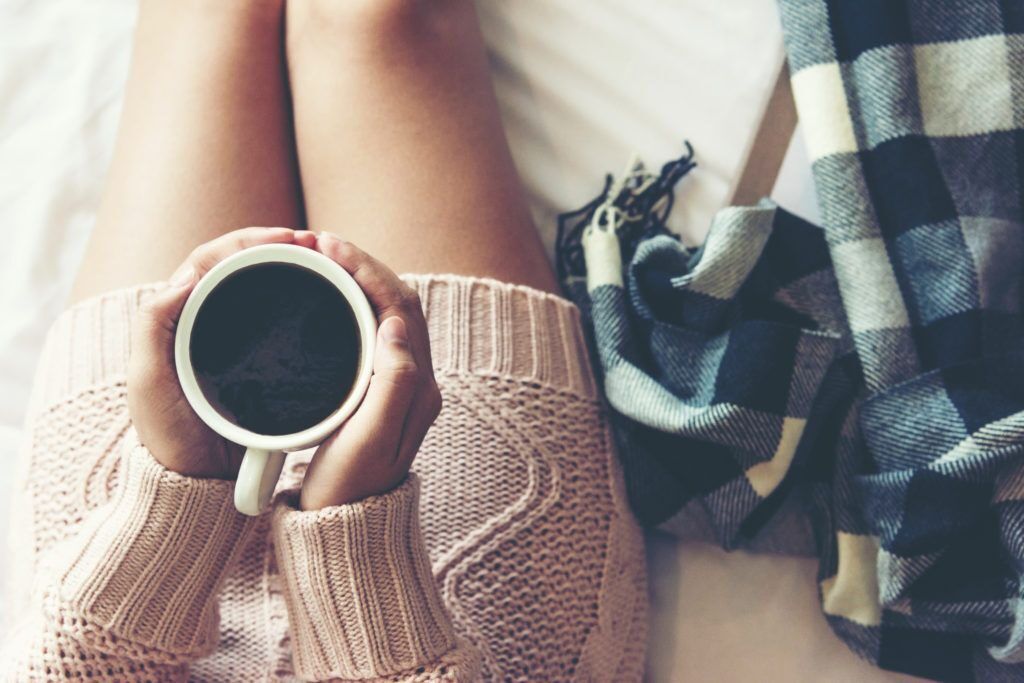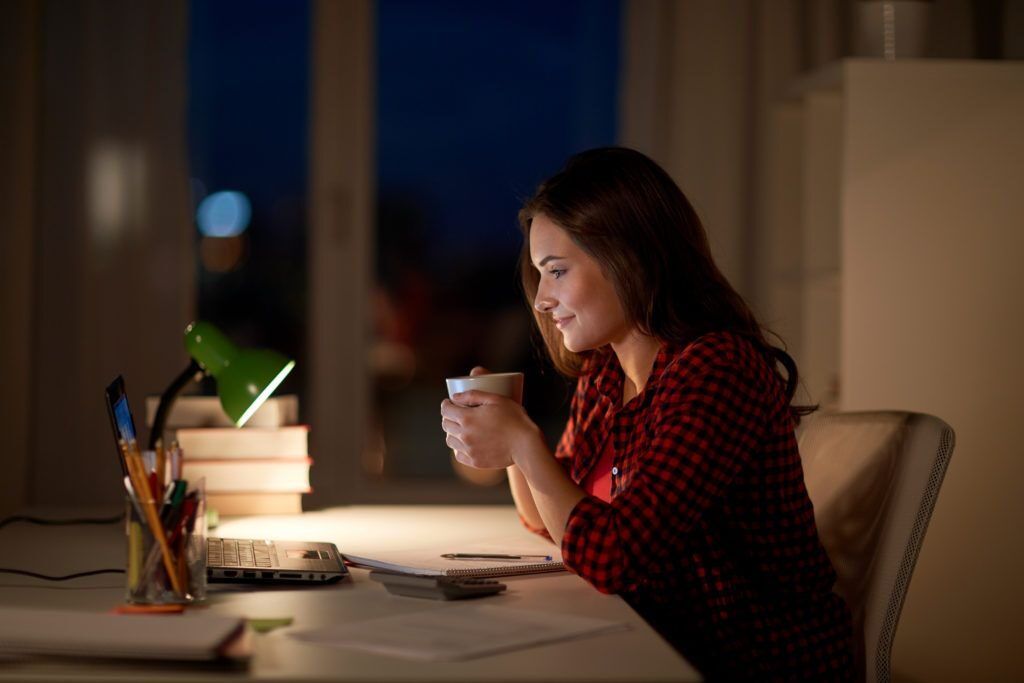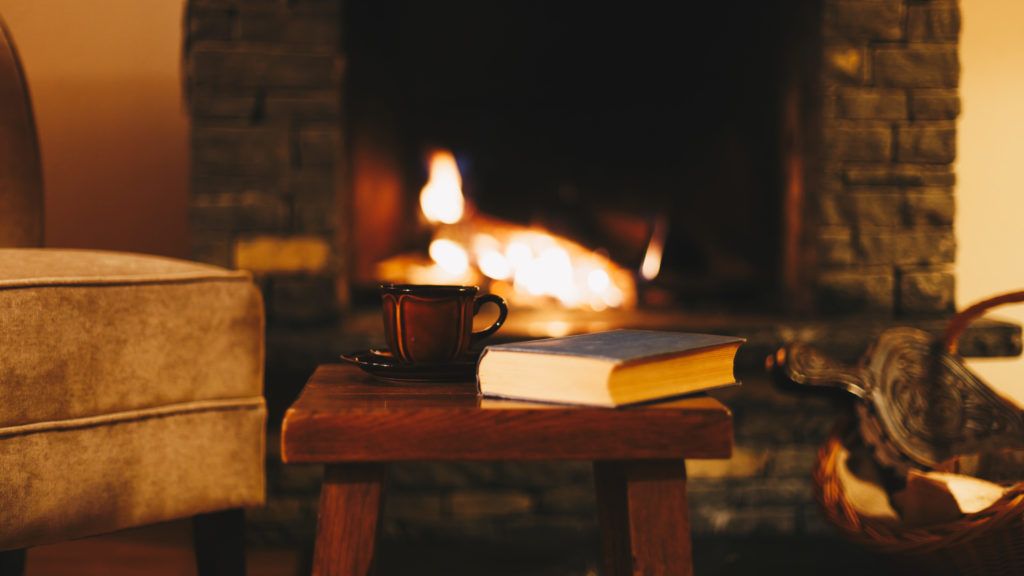One of the characteristics that often leads us to seek the pleasure of a cup of coffee – in addition to its indispensable aroma, of course – is precisely the presence of caffeine. In fact, we know that, when consumed in moderate doses, this substance has the ability to stimulate our central nervous system, making the mind clearer and reducing sleepiness. The question we want to focus on today concerns the consequences that coffee drunk in the evening (or at least a few hours before bedtime) can have on the quality of sleep: this is what emerged from two recent studies.
Caffeine and its effects on the circadian rhythm
Among the researches that have expressed themselves in this regard, there is one carried out by the University of Colorado Boulder and the Mrc Laboratory of Molecular Biology in Cambridge, published in 2015 in the journal Science Translational Medicine. According to scholars, a dose of caffeine equivalent to that of a double espresso, consumed 3 hours before going to bed, would alter our circadian rhythm, delaying the arrival of sleep by 40 minutes.
The experiment involved 5 volunteers, who were monitored for 49 days: before going to sleep, the participants were subjected to different situations such as taking caffeine in a dimly lit place and in a very bright place, or taking a placebo in a dim or brighter environment. The researchers concluded that caffeine would have the same impact on our bodies as light, which, as we know, tends to delay sleep.

Does caffeine affect the quality of rest? Never as much alcohol and nicotine
On the other hand, a large study conducted by researchers from Florida Atlantic University, Harvard, Mississippi Medical Center and Emory thinks about “exonerating” coffee from the possible negative influence on rest. From this work, published in 2019 in the Sleep magazine, news emerges that will make most coffee lovers happy: according to the research, caffeine would have a very small effect on our sleep, compared to what is generally thought.
The scholars involved 785 people with the aim of verifying how the evening use of caffeine, alcohol and nicotine could affect rest. Participants were then equipped with a wristband sensor to record sleep and a diary to record how much nicotine, alcohol and caffeine they consumed before going to bed. The results? The examination did not reveal a significant association between caffeine intake and sleep quality, while both alcohol and nicotine were associated with negative effects on rest. However, the researchers also specified that they were unable to consider factors such as caffeine dosage, sensitivity and tolerance to this substance.

The results of the study just shown, while encouraging for all coffee lovers, should not make us forget a very important aspect, namely that the effects of caffeine can vary a lot from person to person, since not everyone has the same level of sensitivity. So, even if research suggests that drinking coffee in the evening may not affect the quality of rest, you cannot generalize and you have to listen to your body. For example, if we have noticed that drinking coffee in the late afternoon creates difficulty when falling asleep, it is probably advisable to avoid taking it at that time or later.
No less important is not to exceed the daily caffeine doses indicated by the EFSA (European Food Safety Authority) and the FDA (Food and Drug Administration) which we talk about in the article on how many coffees to drink per day. Remember, in fact, that too much caffeine could cause side effects such as anxiety, insomnia and nervousness, for example.
And if coffee is the first food we think of when we mention this substance, it is certainly not the only one to contain it: let’s not forget, in fact, that caffeine is also found in numerous other foods and drinks such as chocolate, tea or energy drinks. . In counting the quantity taken daily, therefore, it is good to take into account all the sources and not just the espresso.
Did you know, then, that not all coffees have the same level of caffeine?





